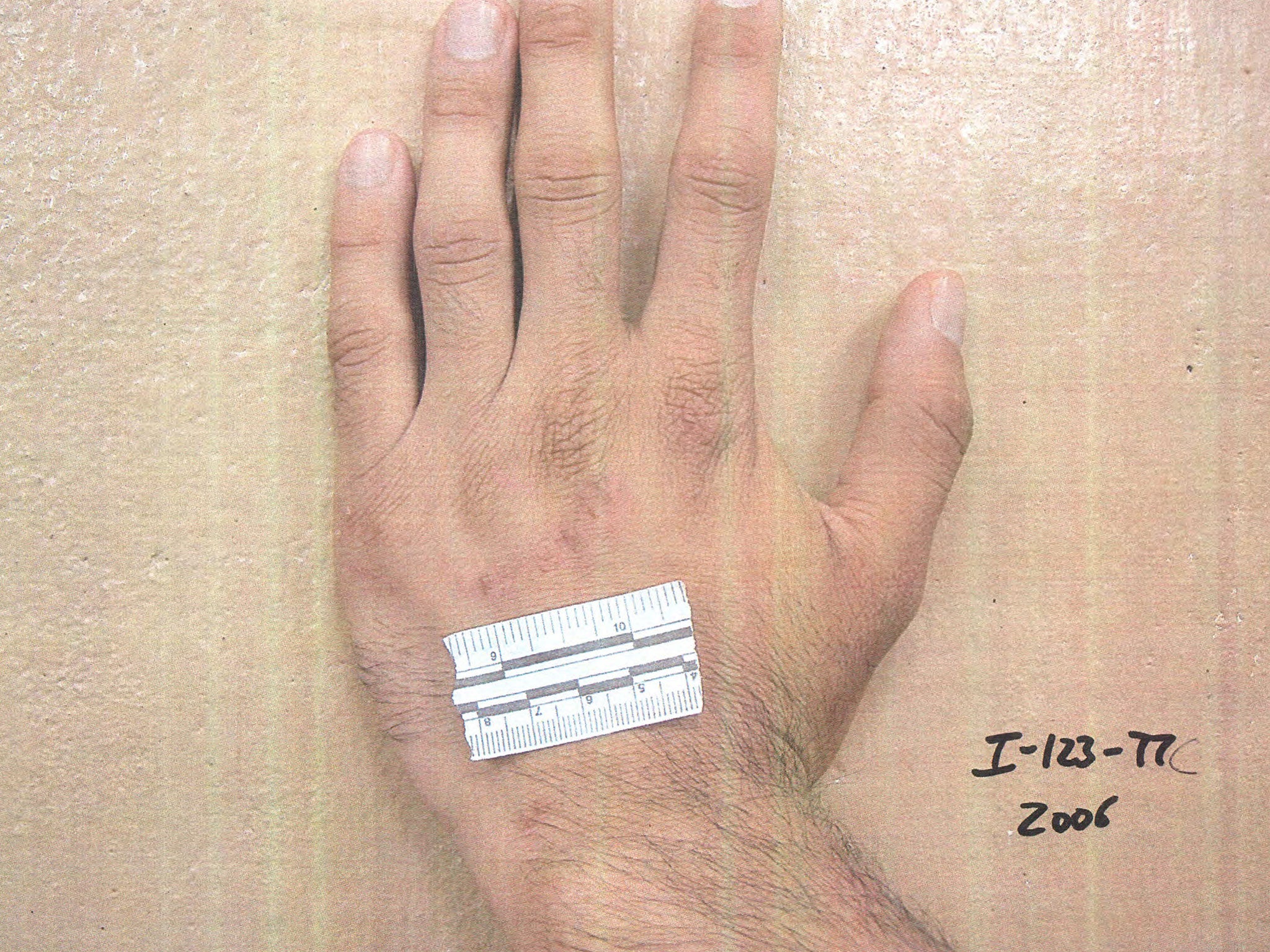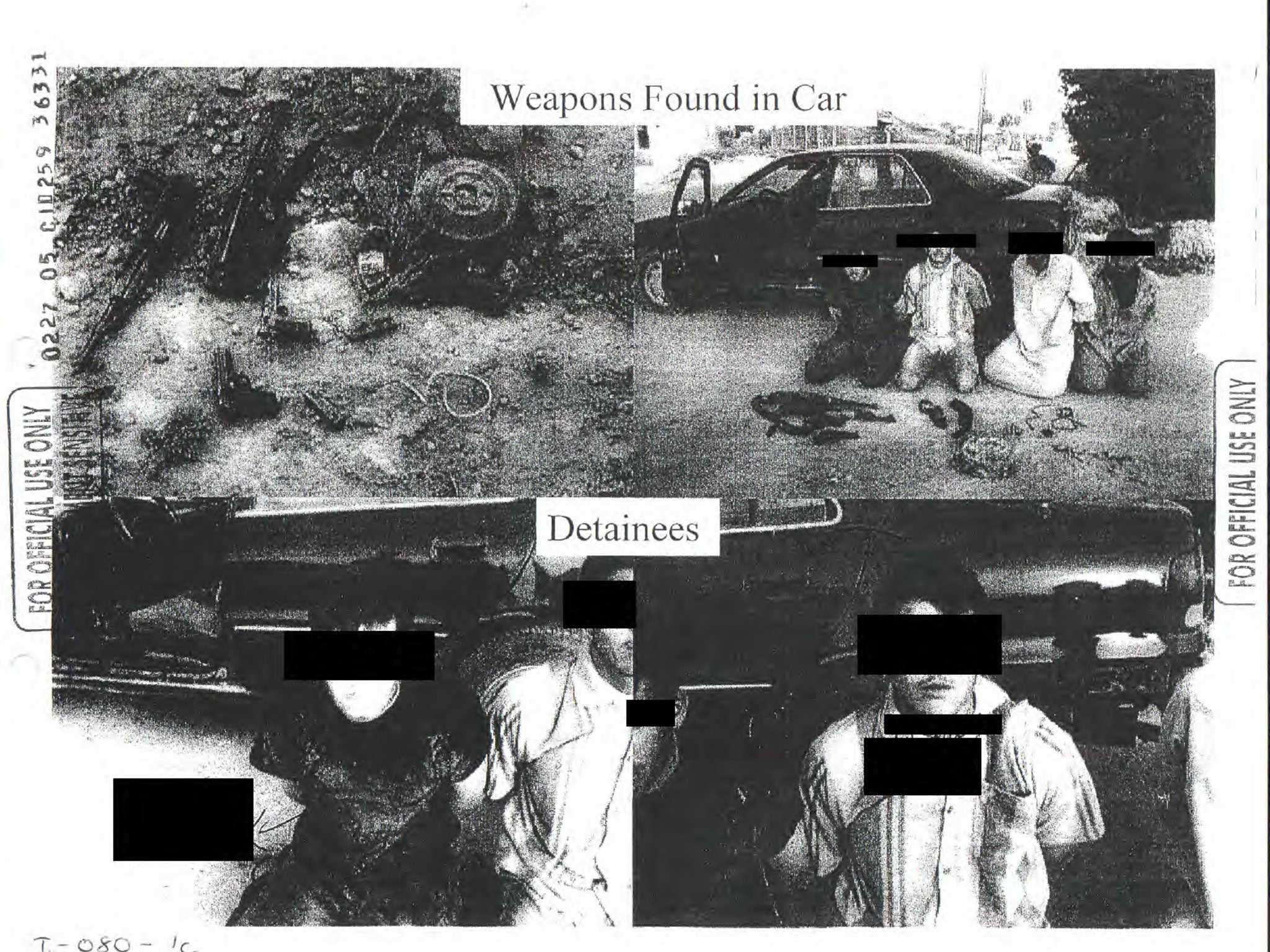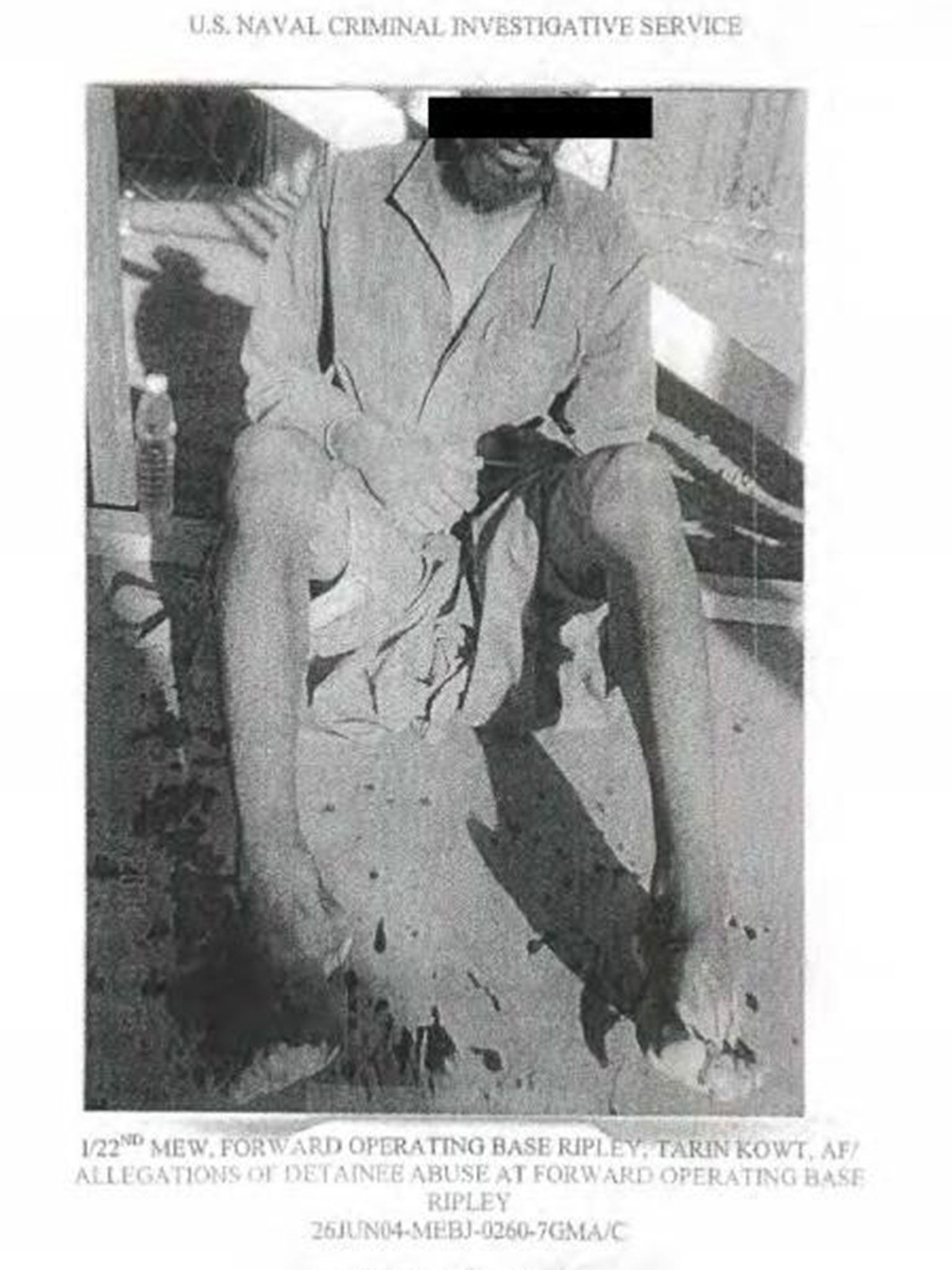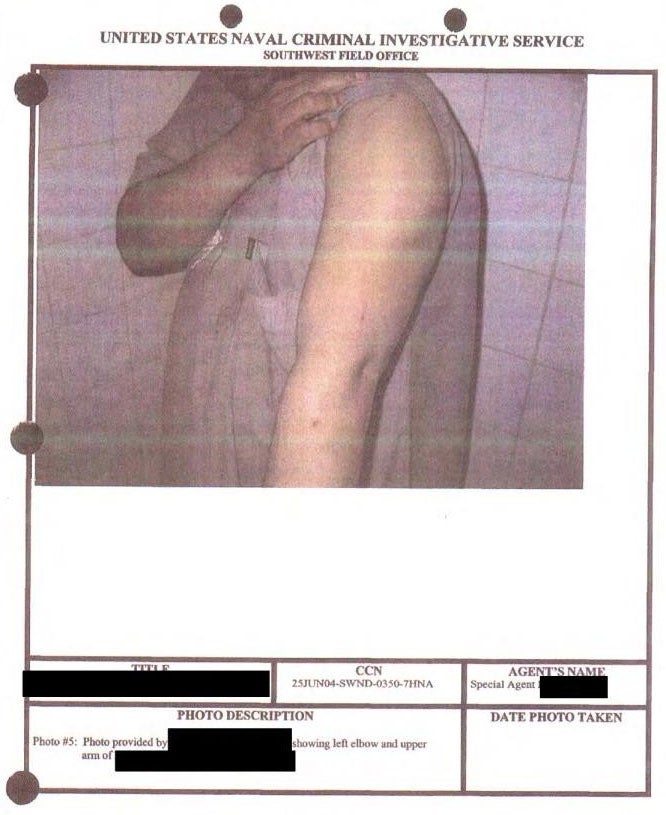Pentagon releases hundreds of photos showing alleged abuse of prisoners in Iraq and Afghanistan
Campaigners say the release is important because it shows photographs 'are still being witheld'

Your support helps us to tell the story
From reproductive rights to climate change to Big Tech, The Independent is on the ground when the story is developing. Whether it's investigating the financials of Elon Musk's pro-Trump PAC or producing our latest documentary, 'The A Word', which shines a light on the American women fighting for reproductive rights, we know how important it is to parse out the facts from the messaging.
At such a critical moment in US history, we need reporters on the ground. Your donation allows us to keep sending journalists to speak to both sides of the story.
The Independent is trusted by Americans across the entire political spectrum. And unlike many other quality news outlets, we choose not to lock Americans out of our reporting and analysis with paywalls. We believe quality journalism should be available to everyone, paid for by those who can afford it.
Your support makes all the difference.The Pentagon has released nearly 200 photographs of detainees in Iraq and Afghanistan, taken mostly between 2004 and 2006, involving 56 cases of alleged abuse by US forces.
The often dark, blurry and grainy pictures are mainly of detainees' arms and legs, revealing bruises and cuts, and they appear far less dramatic than those released more than a decade ago during allegations of torture at Iraq's Abu Ghraib prison. Those now-infamous Abu Ghraib photos included images of naked detainees stacked in a human pyramid or of a soldier holding a naked detainee by a dog collar and leash.
The Pentagon said that criminal investigations substantiated abuse in 14 of the cases linked to the 198 newly released photos, and determined that 42 allegations were not valid. Sixty-five service members were disciplined in connection with the cases.

The photos were released in response to a Freedom of Information request from the American Civil Liberties Union. The Pentagon said that Defence Secretary Ash Carter and other military leaders reviewed a number of unreleased photos and determined that 198 could be made public.
The reviews are required every three years. According to the ACLU there are as many as 2,000 photographs that the government has not released.

“The disclosure of these photos is long overdue, but more important than the disclosure is the fact that hundreds of photographs are still being withheld,” said ACLU deputy legal director Jameel Jaffer. “The still-secret pictures are the best evidence of the serious abuses that took place in military detention centers. The government's selective disclosure risks misleading the public about the true extent of the abuse.”

Allegations of physical and sexual abuse of detainees at Abu Ghraib prison in Baghdad erupted in 2003, spawning a series of investigations and studies to determine the extent of the problem.
Pentagon officials said that the photos released Friday do not involve incidents at Abu Ghraib or at the US detention facility at Guantanamo Bay, Cuba.
Reuters
Join our commenting forum
Join thought-provoking conversations, follow other Independent readers and see their replies
Comments